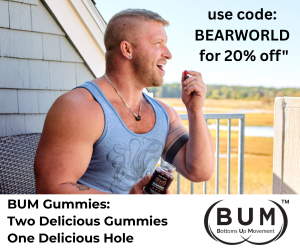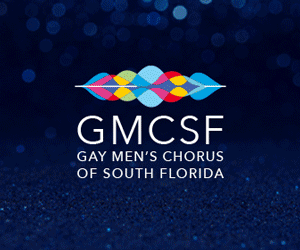
Vacationer of the Week: Danny Guerrero, Founder of The Culturist Group
Our sister site, Vacationer, likes to mix things up a bit and feature a variety of LGBTQ+ folx with a direct or indirect connection to the travel industry. So, we wanted to reach out to Danny Guerrero, the founder and principal of The Culturist Group, a 100 percent minority-owned travel marketing company.
Danny was born and raised in San Diego, California, but now lives happily in Los Angeles with his husband. The 42-years-young entrepreneur has more than 20 years of experience in travel branding, marketing, and communications for destinations, airlines, hospitality, and other travel businesses.
In this week’s Vacationer of the Week Q&A, Danny opens up about his passion to give voice to underrepresented groups and we get some insider info on his travel style, too.
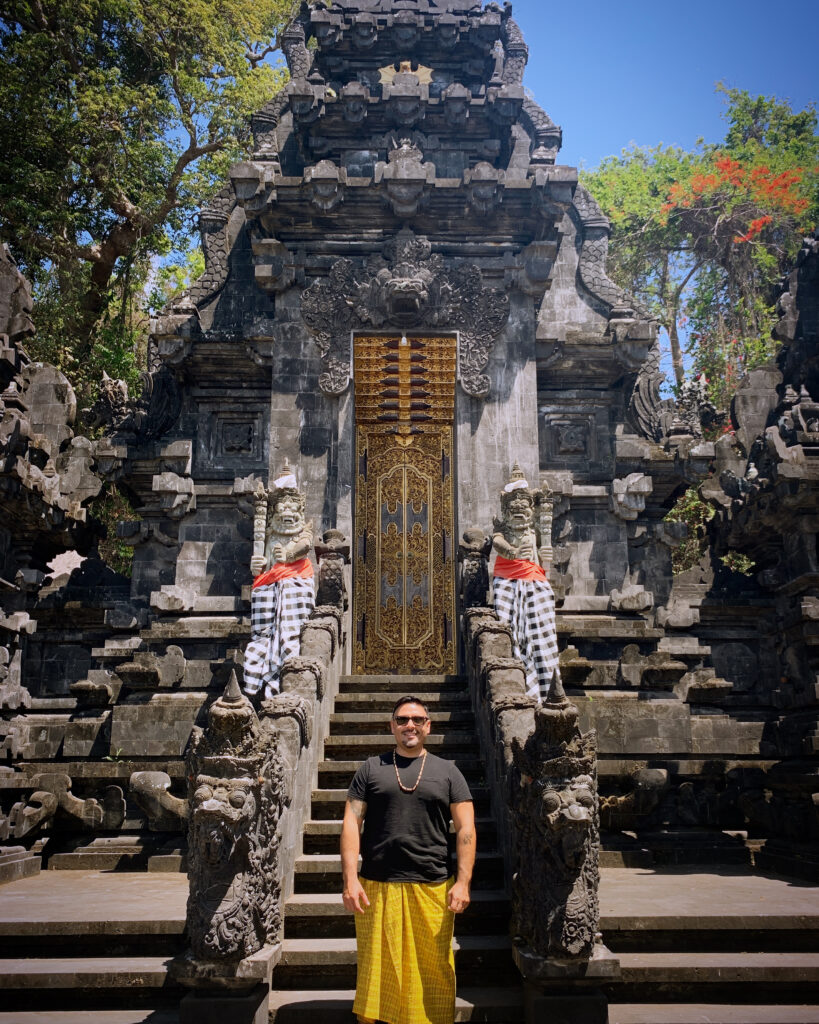
Vacationer Magazine: Tell us a little about The Culturist Group. What sparked your decision to start your own business? When did The Culturist Group officially open for business?
Danny Guerrero: The Culturist Group is a multicultural and inclusive brand marketing and communications agency and consultancy designed to help the travel industry become more inclusive by empowering travel brands and destinations. As a queer person of color in the travel industry, I came to realize that my voice and life experience were seldomly reflected in the brand campaigns that often I was helping to architect for my clients.
After leading industry research studies at my last agency – which revealed not only the power of our spend but also the barriers to inclusion and the unmet needs of multicultural travelers, including Black and Latinx communities – I saw an opportunity to bring something to the travel industry that I had not seen. Culturist Group officially launched on February 1, 2022.
At Vacationer, we understand the importance of our showcasing our community’s diversity. We’re not all represented in travel marketing campaigns, and we’re much more than white cis-gendered men. In what ways do you think your business helps to increase the visibility of the underrepresented?
‘Connecting People, Culture and Message’ is our philosophy and the way we approach our work. We focus on the multicultural aspects and diversity of communities and the people that make up places and brands. This often includes people of color, LGBTQ+, and marginalized voices that need and want to see themselves represented in our client’s work. Every project we take on relies on our clients’ understanding that multiculturalism and inclusivity will sit at the core of our work and our efforts and that it is why we are entering into a partnership. This is how we work to increase the visibility of underrepresented folks. Our work strives to be more than performative by focusing on brand strategy and consumer truths that need to live at the brand level of any campaign.
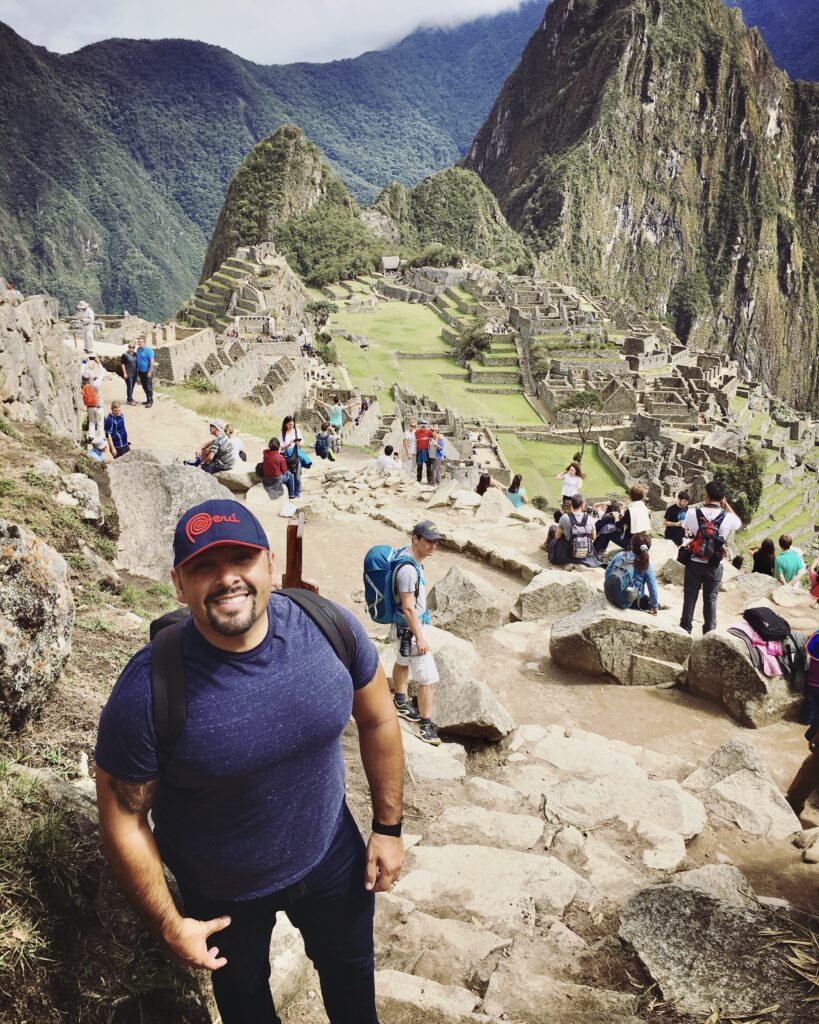
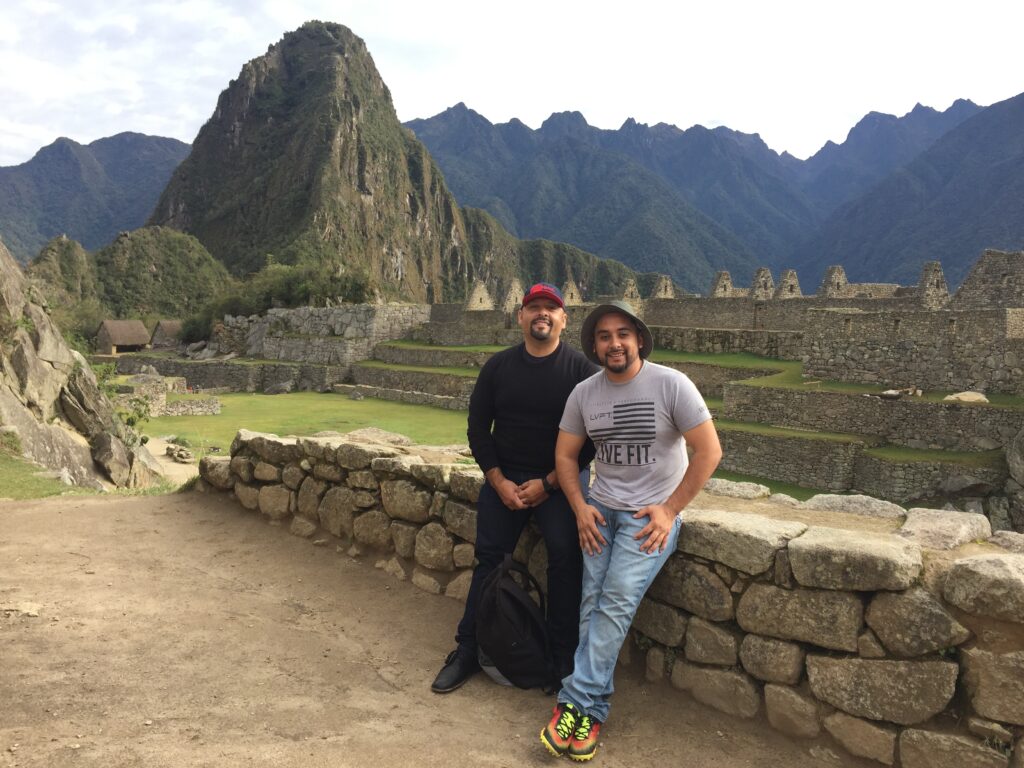
Why do you think The Culturist Group is an important asset to travel brands?
Inclusivity and multiculturalism are not just a social imperative or something that needs to be done to ‘do the right thing.’ We understand that the population growth and influence in America are being led by people of color – LGBTQ+, Black, Latinx, Asian, and other groups are increasingly wielding economic power and are taking to travel as a means of self-empowerment and self-expression. Any travel brand that wants to pivot and become more relevant and build trust with these emerging multicultural segments need to be sufficiently equipped to meet the moment and the future of travel and tourism.
What are some tips or advice you’d offer to travel brands that want to be diverse and inclusive?
Travel brands must avoid performative marketing. Trust and affinity among diverse audiences need to be earned. You earn trust and our business by being intentional, that is, ensuring that the brand equity and what it stands for is inherently encompassing the cultural values and identities we share. Brands need to look deeper so that their expressions and campaigns are rooted in culturally-relevant messages and actions. We need to be present at every part of the marketing funnel, from top to bottom, and on every channel of the marketing mix. This is the only way to avoid performative marketing and an effective way to sustain diverse and inclusive brand marketing and communications.
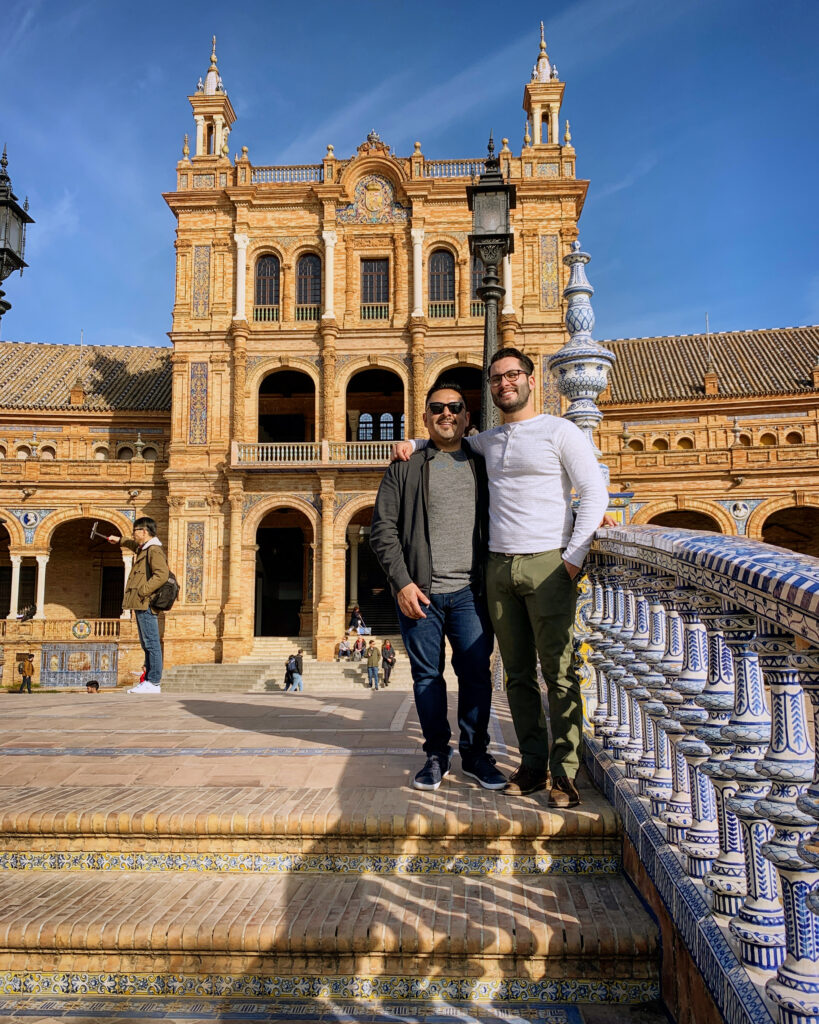
Please tell us how you identify yourself on the LGBTQIA spectrum. Tell us if how you identify influences the way your travel. If so, how?
I identify as a Latino gay man. My intersectional identity influences the way I travel, both because I am married to another man, and because I expect that any destination or travel experience will be respectful of both my ethnic identity and my sexual orientation as a gay man.
I look for brands and destinations where I can see myself, whether through their culture (art, design, food), and most importantly, that the brands and destinations I transact with will be respectful of me and my husband as well as ensure our safety. I intentionally look for experiences that uplift marginalized communities and small businesses because as a first-generation Mexican American man, I understand the importance of supporting communities that rely on tourism to thrive.
At what age did you receive your first passport? What was your first trip?
I was 19 years old when I received my first passport. My first international trip was to South Korea, where I participated in a business/cultural exchange program. It truly opened my eyes to the importance of travel as a broker of culture, both in business and in the way I learn about and increase my respect for other cultures.
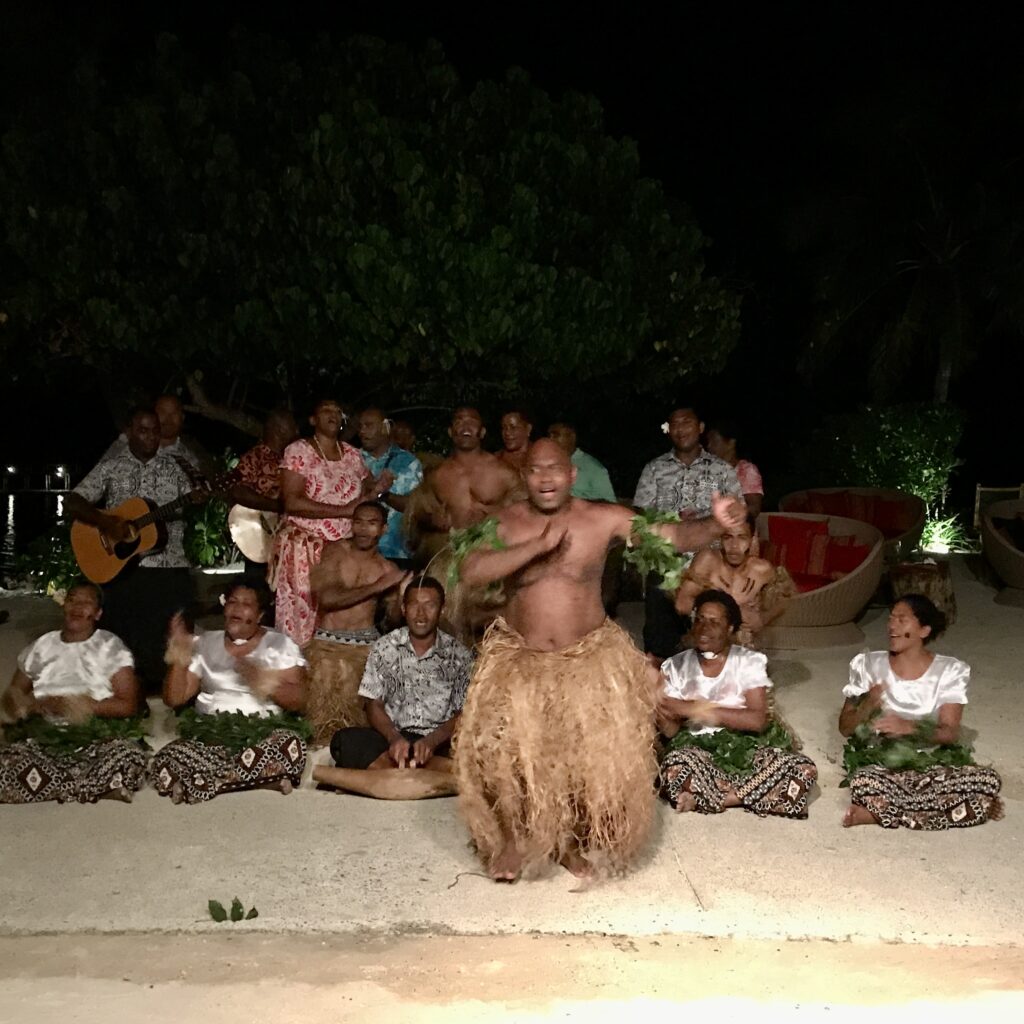
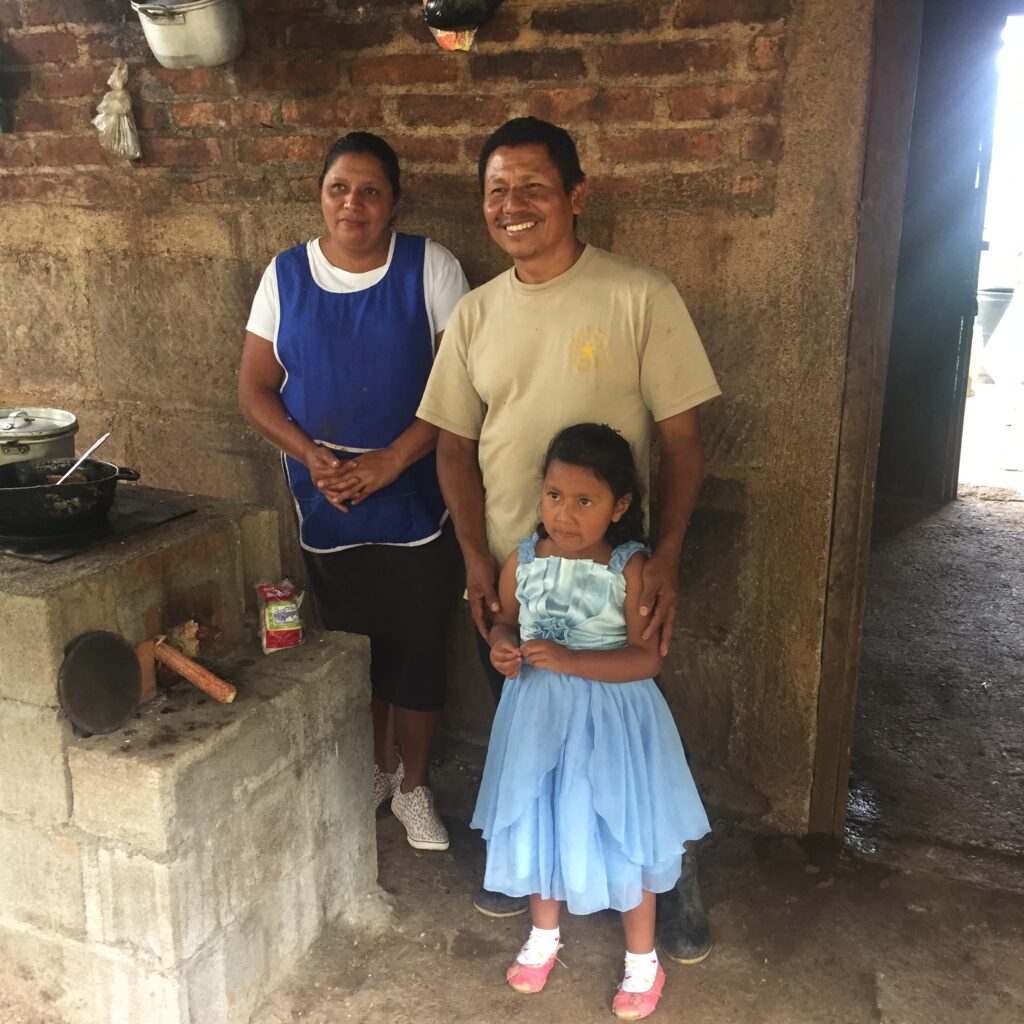
What trip or travel experience sparked your passion for travel?
My first trip to South Korea involved my first long-haul flight and a sense of independence and discovery that has stayed with me. Experiencing different food, language, and culture piqued my curiosity about what else the world had to offer.
What inspires you to travel?
Meeting people, exploring cultures, and removing myself from the comforts and expectations of everyday life. Living in America is like living in a bubble. If you ever want to be humbled and feel grateful for the lives we have, travel to places like Nicaragua and Papua New Guinea. It usually puts our expectations and privilege in context very fast.
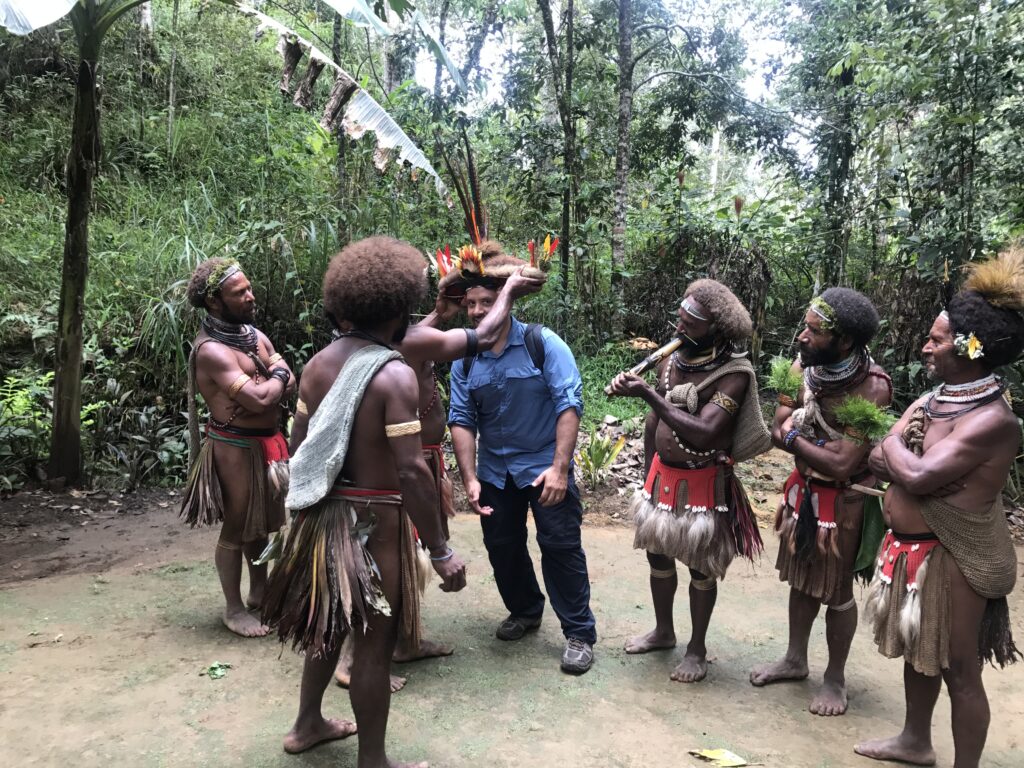
Is there a travel destination that most queer travelers would think isn’t safe to visit, but you’ve visited and enjoyed it? If so, where? What made it a memorable experience?
Bali, Indonesia. Indonesia is notoriously an anti-LGBTQ+ country, but Bali seems to be in a world all of its own. Bali is heavily influenced by Australia, one of the most progressive and LGBTQ+-friendly destinations in the Southern Hemisphere. This has influenced the tourism experience and communities in places like Bali and Fiji, otherwise traditionally conservative and religious countries with an anti-LGBTQ sentiment.
What are three things you would recommend LGBTQ+ travelers do when they visit your hometown or where you currently live? Why?
Explore LGBTQ+ culture events and movements, not just the nightlife. In LA and Southern California, there is such a wide range of experiences from the Latinx Pride and community events of Downtown LA and the Eastside, to cultural beacons such as Outfest, the LGBTQ+ film festival to the Tom of Finland Foundation and seasonal events such as Palm Springs Pride in November.
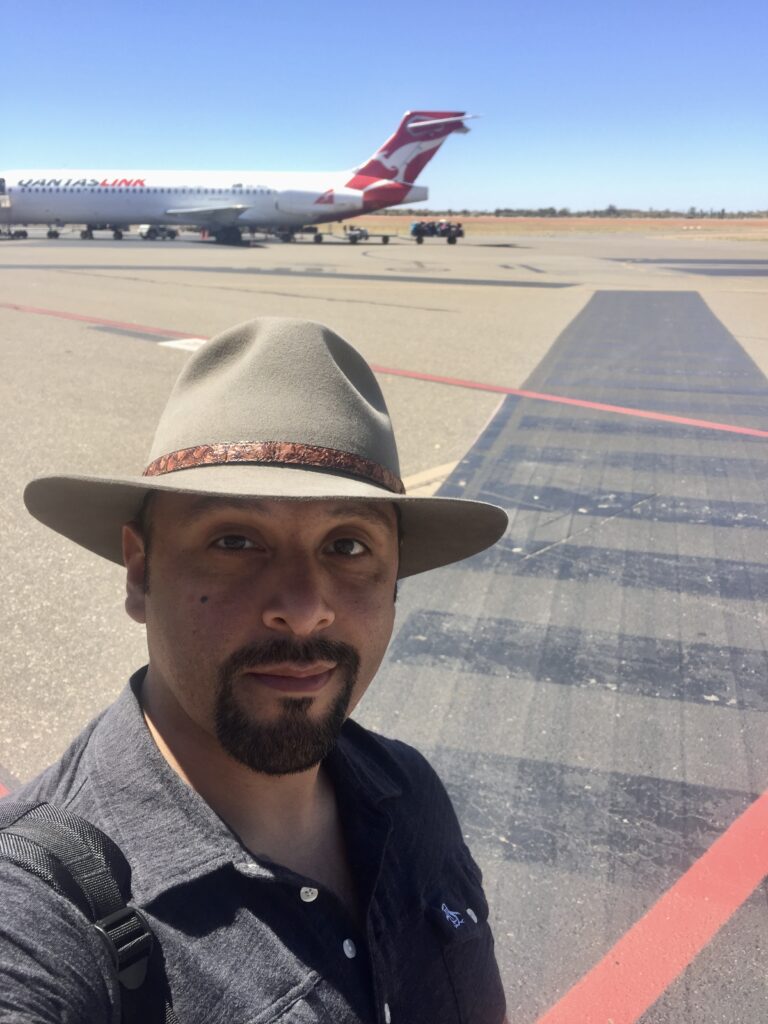
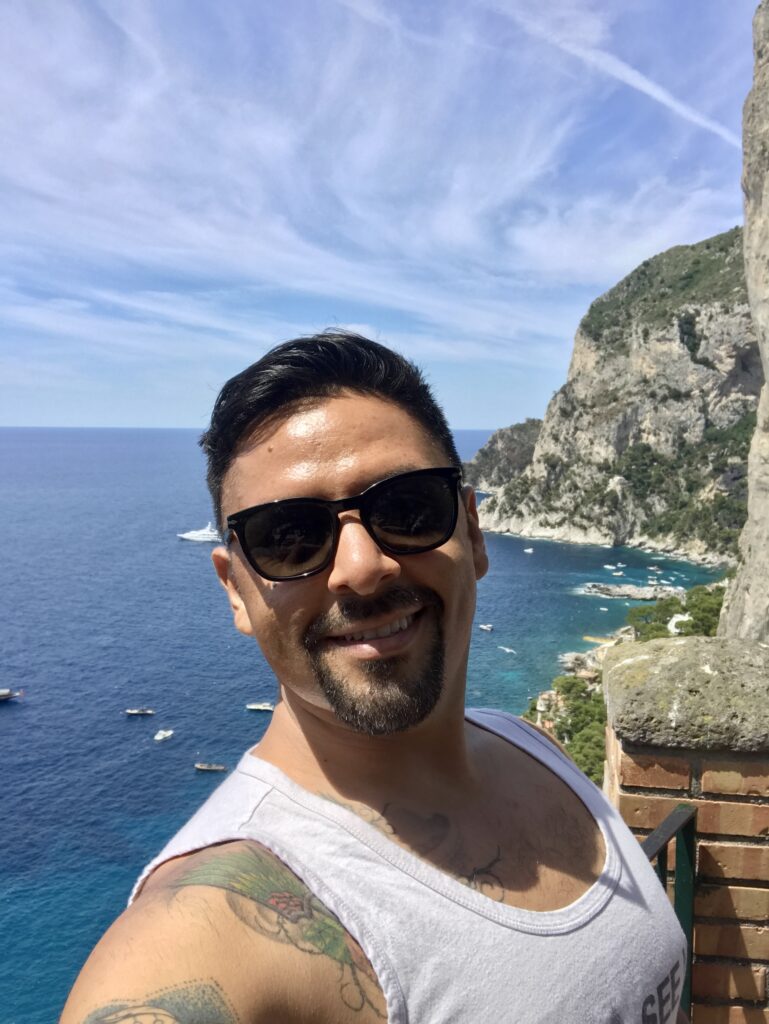
What’s the best tip you’d offer travelers?
Get out of your comfort zone and get to know locals to find out what their favorite restaurant, gallery, or shop is. Overall, think and do differently.
What travel trend or travel industry shift are you most excited to see grow or change over the next few years?
The future of travel is here. It is more diverse, it is more equitable, it is more sustainable, and it is going to be forced to include respect and benefit more communities and individuals.
What are your top three favorite places to visit?
Los Cabos, Mexico; Greater Palm Springs, California; and Barcelona, Spain
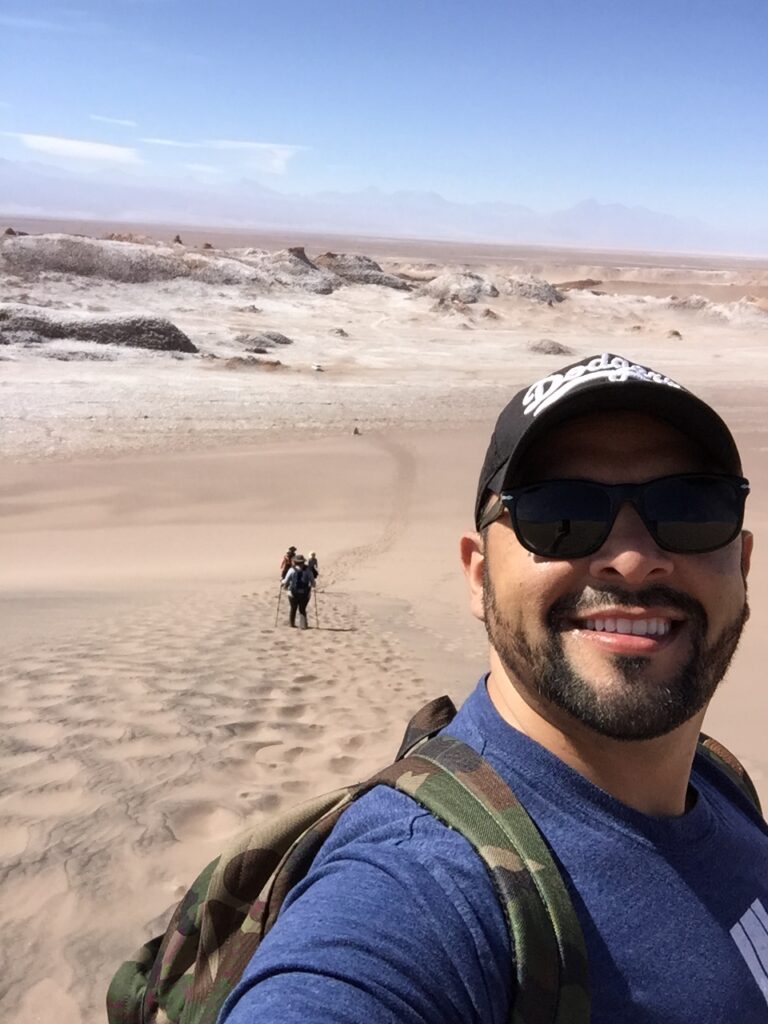
What three places are still on your bucket list to visit?
Morocco, Prague, and Nambia
What’s one thing you never forget to pack in your suitcase?
Dermalogica Sunscreen. I am often poolside or at beach destinations.
You’re going on a road trip. What singer or band is always on your playlist?
Rufus du Sol. There is a timeless, dreamy, and cathartic quality about their music that makes travel seem almost magical and soothing.
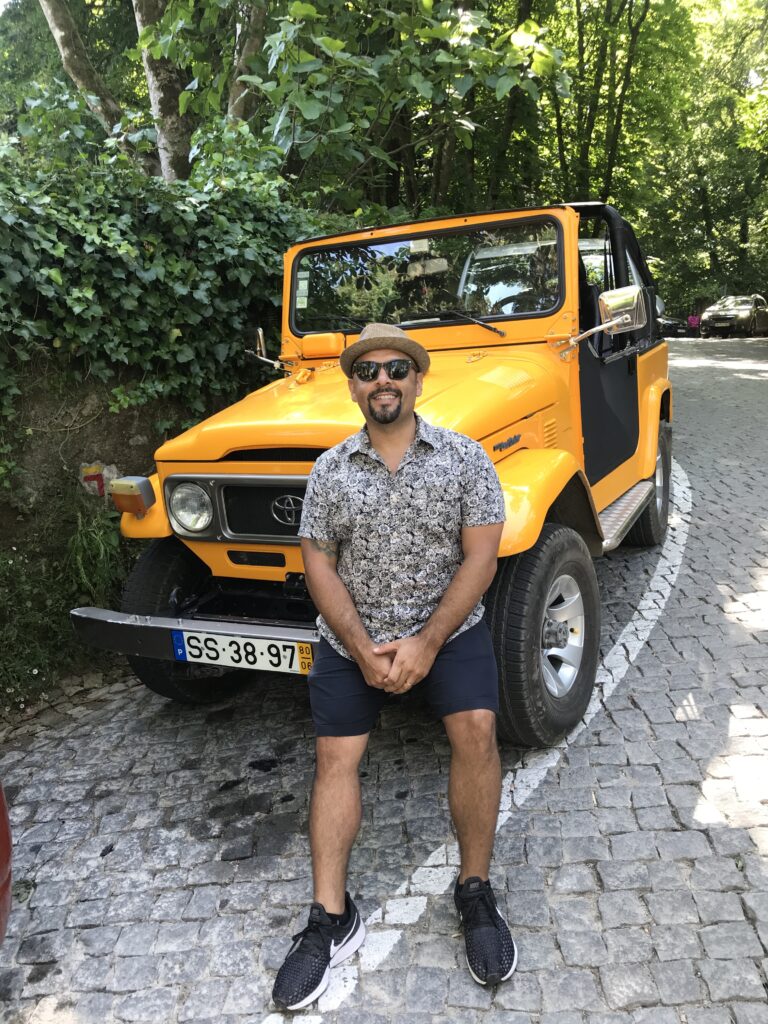
For more information, visit The Culturist Group’s website and follow them on LinkedIn and Instagram. And check out other influential Latinx travelers to follow.
This article was originally published on our sister site, Vacationer.


